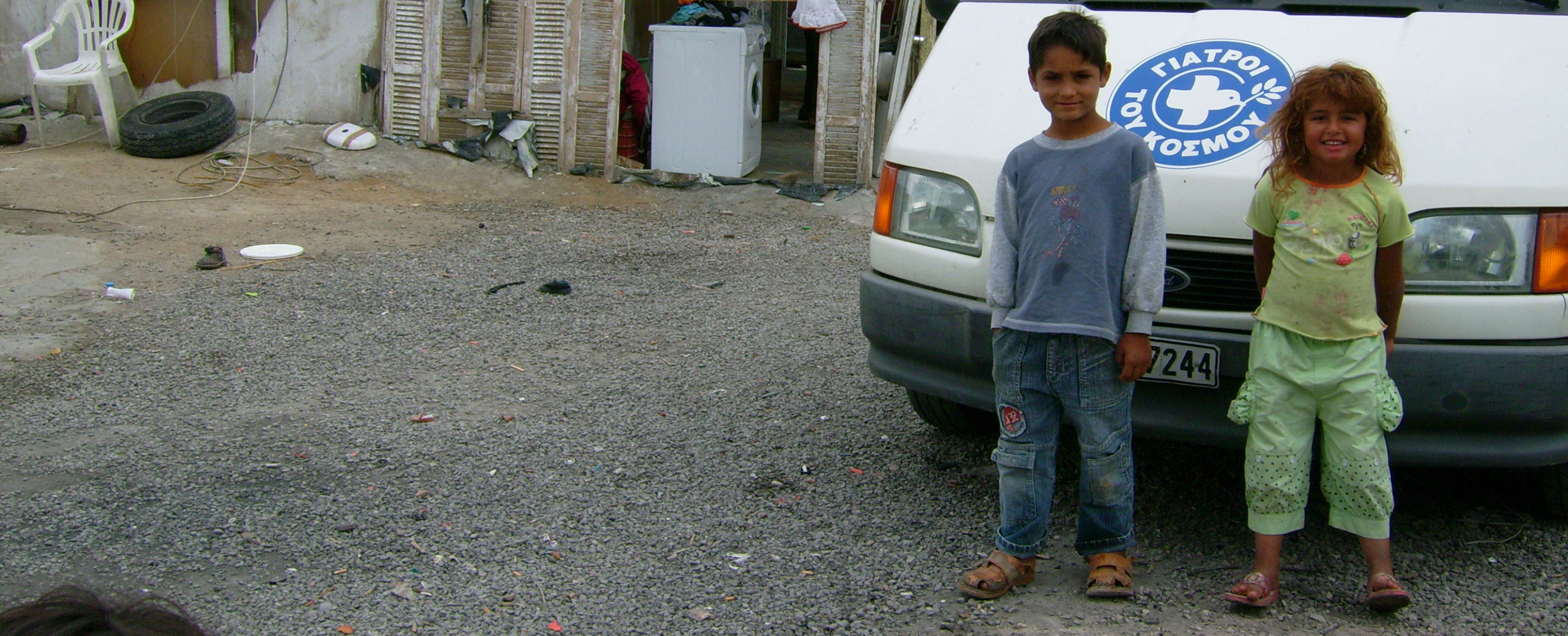The most vulnerable populations, Roma, prisoners, homeless people, drug users, refugees and migrants are traditionally excluded from public national health systems because of their social, cultural or legal status and are the most exposed during health crises. Despite the widespread perception that there is a link between mobile populations and the introduction and/or spread of communicable diseases, however, there is no systematic correlation between the two, as the World Health Organization (WHO) and the entire medical scientific community argue. What has been proven, however, is that communicable diseases have a primary bearing on poverty, poor living conditions and exclusion from essential goods and services. Accordingly, the only scientific interest that the spread of cases within the ROMA settlement in Larissa presents is that in “closed populations”, such as the ROMA camps, the virus can be transmitted rapidly compared to the rest of the population.
Now more than ever, the right to housing and the right to water and sanitation is very pertinent as they are strongly interlinked with the proliferation of the pandemic. Inadequate housing may not secure social distancing and adequate water and sanitation are the most important measures of prevention.
Access to affordable, accessible, available and quality health care to the Roma communities is a key element of safeguarding other human rights and not the opposite. The NHS instructions cannot be followed by the residents of a settlement that do not have access to basic sanitation and access to water and sanitation. A household with 5-6 people living in an area of 15-20 sq. cannot abide by social distancing. If someone gets sick, (s)he cannot be quarantined in such a limited space.
At the same time, safeguarding public health cannot not be used as an excuse of gross rights violations, excessive policing, racial profiling etc. that hinder social inclusion and increase stereotypes and anti-Gypsyism. The logic of excluding an entire settlement -as it happened in the case of the ROMA settlement in Larissa- and consequently an entire social group from the rest of the community is at odds with the scientific as well as the economic aspect of Health. The health system wants the least possible cases and especially the least serious cases (which need to be admitted to the ICU) in order not to be burdened disproportionately.
